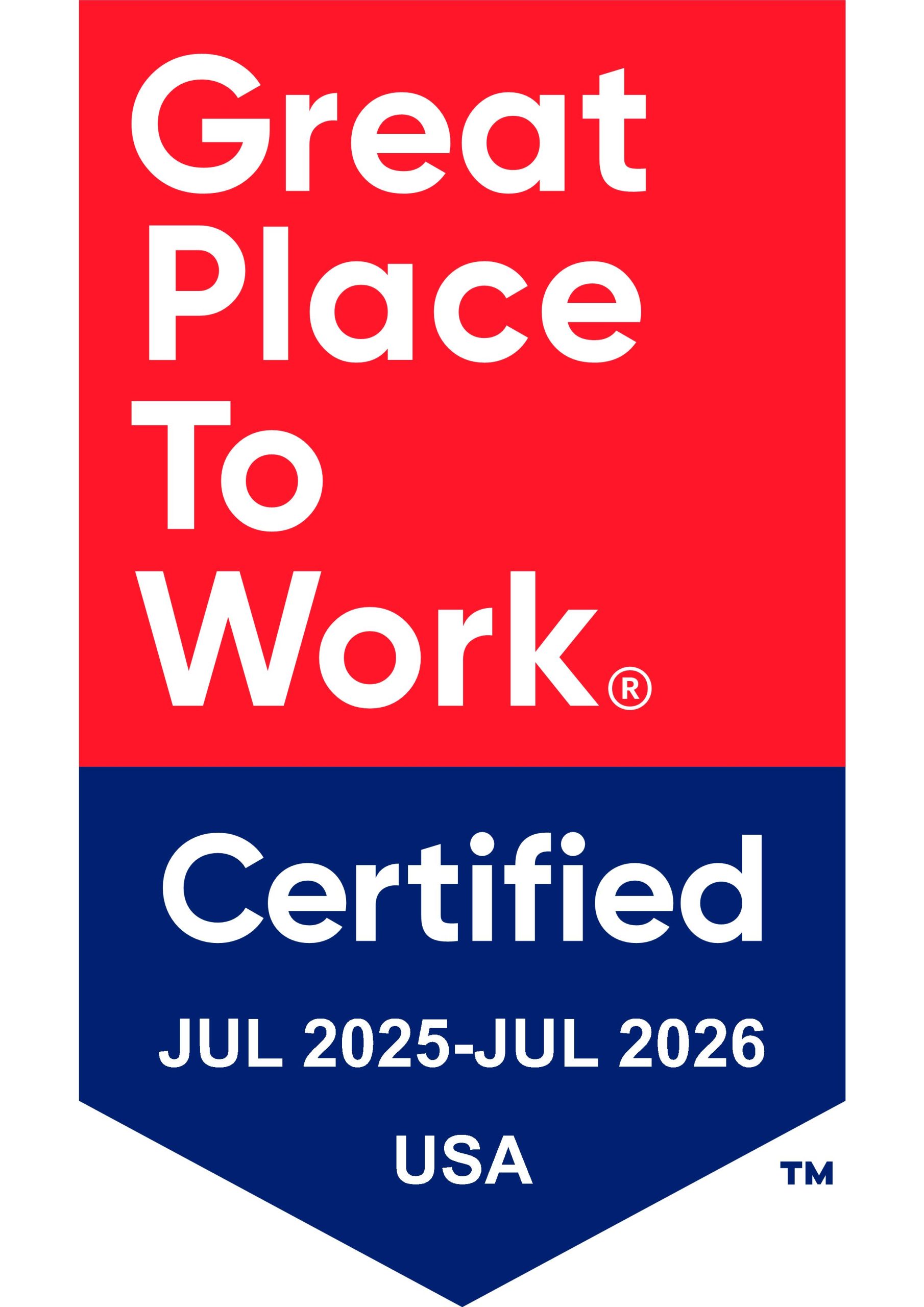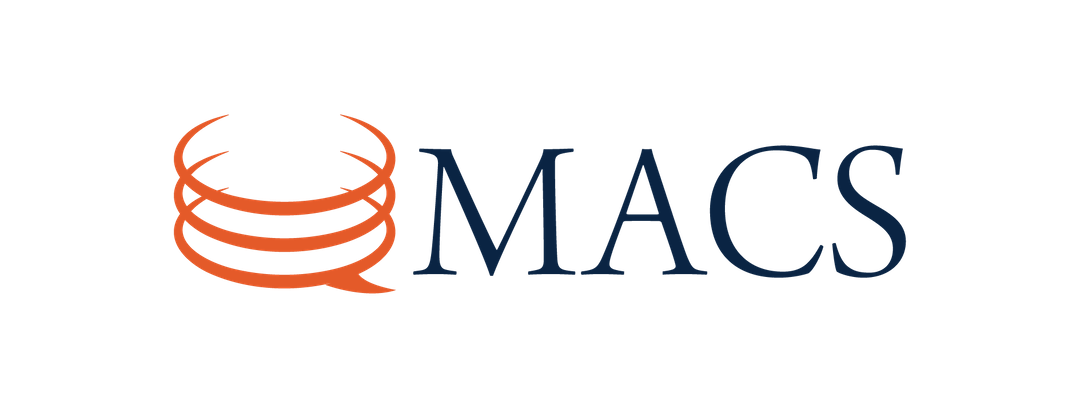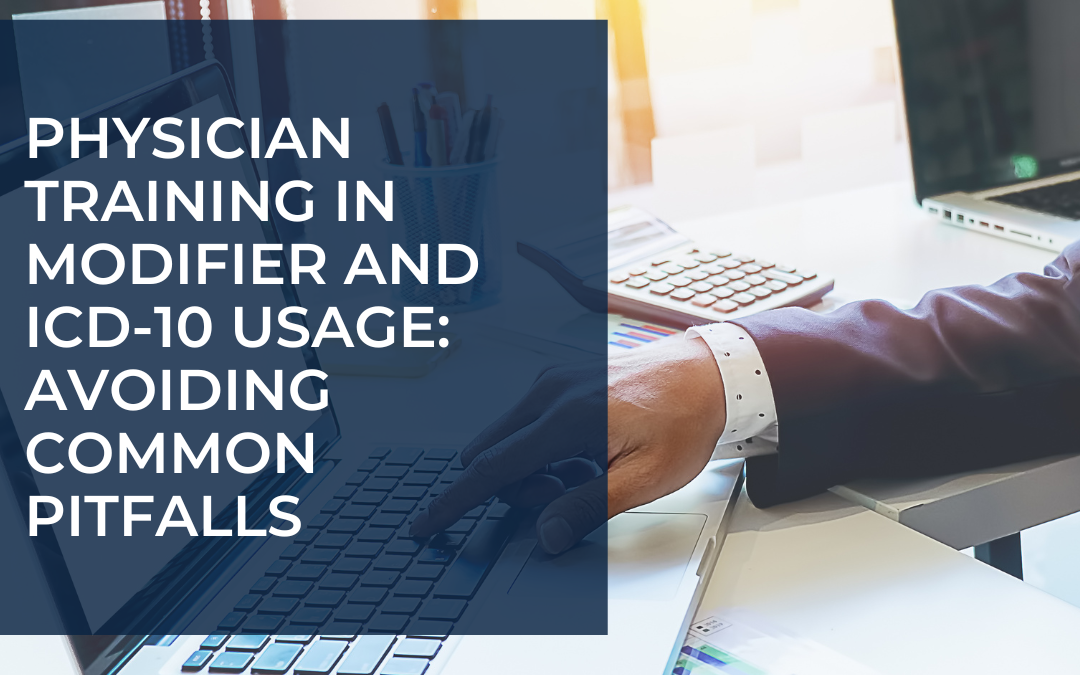Introduction
ICD-10 modifier training is essential for physicians to ensure accurate billing, prevent denials, and comply with payer regulations. These small yet powerful suffixes attached to codes can make or break your claim submissions. Unfortunately, many providers fall into costly traps due to poor understanding or outdated practices. In this guide, we’ll explore key modifier pitfalls and how focused training can significantly reduce errors.
To avoid these pitfalls, focused physician training in ICD-10 modifier usage is essential. Physicians need a firm grasp of modifier guidelines to ensure claims are submitted accurately and promptly. This article will explore the significance of ICD-10 modifier training, highlight common coding mistakes, and offer strategies for creating effective training programs that elevate precision and confidence among providers.
What Is ICD-10 Modifier Training?
ICD-10 modifiers are suffixes added to medical billing codes that provide additional context about the service or procedure performed. These modifiers can indicate whether a procedure was altered, bilateral, or performed for a specific reason. For healthcare providers, understanding and applying these modifiers correctly ensures compliance with payer requirements and improves reimbursement rates.
Why Physicians and Coders Require Modifier Training
Training for ICD-10 modifier usage extends beyond basic coding education. While coders may know how to look up general codes, modifiers require careful attention to detail and thorough knowledge of healthcare billing policies. Physicians, in particular, need comprehensive modifier training because they are the front line of documentation. If a modifier isn’t captured accurately in the clinical notes, coders may struggle to assign the correct code, leading to rejected claims.
How Modifier Training Differs from General ICD-10 Education
Unlike broad ICD-10 coding training, which introduces diagnostic and procedural codes, modifier training focuses on the nuances. Physicians learn to bridge the gap between the services they deliver and how to appropriately document these scenarios using modifiers. Specific training modules emphasize documentation best practices, real-world scenarios, and rules that frequently change, offering a targeted learning experience.
Common Pitfalls in Modifier and ICD-10 Usage
Even highly experienced providers can make mistakes when navigating the intricate world of modifiers. These errors disrupt workflows and can create significant operational challenges.
Incorrect Modifier Selection
One of the most frequent coding errors involves selecting the wrong modifier—or omitting it altogether. Imagine a provider submitting a claim for a bilateral procedure without appending the -50 modifier. The claim could either be rejected or reimbursed incorrectly, costing the practice significant revenue. Training physicians to recognize when modifiers like -25 or -59 are applicable can prevent these errors.
Inconsistent Documentation
The foundation of accurate coding lies in clear and complete documentation. However, if a physician fails to note a procedure’s unique circumstances, coders may be left guessing. For example, if a provider neglects to document the removal of sutures after a previous visit, coders may mistakenly omit modifier -79, indicating an unrelated service during the global period.
Failure to Update with Coding Changes
ICD-10 guidelines, including modifier rules and payer-specific policies, evolve regularly. Failure to keep current can lead to outdated workflows and avoidable coding errors. Proper training should emphasize the importance of continuous education and staying informed about updates that impact billing practices.
The Impact of Modifier and ICD-10 Errors on Revenue and Compliance
Mistakes in modifier usage are not simply administrative inconveniences—they directly affect the financial health of any medical practice. Beyond revenue implications, coding errors can trigger compliance issues that burden an organization’s resources.
Claim Denials and Delays
According to AMA; Claims missing necessary modifiers often result in denials or payment delays. Each denied claim means additional work for staff to fix and resubmit, delaying reimbursements. Furthermore, repeated errors can flag a provider for payer audits, creating a cascade of compliance headaches.
Financial Losses
Studies show that nearly 10% of denied claims are directly related to incorrect coding. For practices with high patient volumes, the cumulative financial loss can quickly spiral. Modifiers like -22 (indicating enhanced procedural services) or -26 (signifying professional components) can significantly increase reimbursement when correctly applied.
Compliance Risks
Improper documentation of modifiers puts a practice at risk of noncompliance. Payers may view repeated coding mistakes as potential fraud, even if unintentional. Regular audits to resolve inconsistencies can drain resources, compounding the strain on healthcare teams.
Effective Physician Training Strategies for ICD-10 Modifier Accuracy
Ensuring accuracy in modifier usage begins with physician education. Training programs should blend industry expertise with customized approaches to address specific challenges within a practice or specialty.
Interactive Workshops and Case Studies
One of the most effective teaching methods involves using real-world scenarios to demonstrate modifier application. For example, a workshop could present a case where modifier -59 is misunderstood, asking participants how they would define “distinct procedural services” in their documentation. By working through these examples, physicians gain practical insights that can be immediately applied.
Regular Updates and Refresher Courses
Medical billing isn’t static. Modifier policies and payer rules frequently change, requiring consistent updates. Hosting quarterly refresher sessions or integrating short, on-demand digital courses ensures physicians remain confident in their knowledge.
Integrating Training with EMR Systems
Today’s electronic medical record (EMR) systems often include built-in capabilities to guide physicians toward accurate coding. Leveraging these tools during training sessions demonstrates how technology can support compliance, offering real-time prompts to append required modifiers.
Steps to Implement an ICD-10 Modifier Training Program
Creating an effective training program requires careful planning and execution, particularly when addressing the needs of busy clinicians.
Define Training Goals and Objectives
Start by identifying specific challenges unique to your practice or department. Do certain modifiers cause recurring errors? Are specific specialties struggling more than others? Pinpointing these areas of concern informs targeted content development.
Choose Appropriate Training Formats
Blend learning formats to increase engagement. Consider offering virtual sessions, interactive in-person workshops, and downloadable resources. Flexibility allows physicians to prioritize training without disrupting patient care.
Evaluate and Iterate
Training isn’t a one-time endeavor. Gather ongoing feedback about content, delivery methods, and outcomes. Track metrics such as reduced claim denials or fewer coding discrepancies to measure the program’s impact and refine future sessions.
Common Challenges and How to Overcome Them
Training programs for modifier accuracy often face obstacles. Proactively addressing these challenges increases the probability of long-term success.
Physician Time Constraints
Physicians, already pressed for time, may view training sessions as a low priority. Opt for concise, high-impact content that fits into their schedules. Microlearning modules, for instance, provide bite-sized lessons that require minimal time commitment.
Resistance to Change
Modifiers and coding nuances can challenge established workflows. Combat resistance by highlighting the advantages, such as improved efficiency and fewer reimbursement delays. Tie training outcomes to measurable goals that resonate with physicians.
Specialty-Specific Variability
Not all specialties use modifiers in the same way. Tailoring training programs to the unique needs of specialties—whether it’s addressing surgical modifiers or evaluation and management codes—makes content more relevant and relatable.
Learn more about our medical billing optimization services
Frequently Asked Questions About ICD-10 Modifier Training
What Are ICD-10 Modifiers and Why Are They Important?
ICD-10 modifiers add specificity to medical codes, clarifying contextual details that impact billing. They play a primary role in ensuring accurate claims processing and preventing denials.
How Often Should Physicians Receive Modifier Training?
At minimum, training should occur annually or whenever major coding updates are released. Ongoing refreshers help maintain proficiency across the team.
Can Training Reduce Claim Denials Significantly?
Yes, effective ICD-10 modifier training equips teams to apply codes accurately, preventing common errors that lead to denials. Practices often report a 20-30% decline in rejection rates following training programs.
What Tools Support Ongoing ICD-10 Education?
Digital courses, EMR-integrated prompts, and coding workshops are popular tools. Mobile apps offering ICD-10 updates also ensure that knowledge remains current.
Conclusion
ICD-10 modifier training is a strategic investment that elevates healthcare revenue integrity, compliance, and operational efficiency. For physicians, acquiring these specialized skills means avoiding common pitfalls that lead to claim denials and financial losses. Equally, for healthcare leaders, prioritizing training translates into measurable outcomes—from reduced denial rates to streamlined workflows.
If you’re ready to enhance accuracy and unlock new efficiencies within your practice, now is the time to act. Contact QMACS to explore tailored ICD-10 modifier training programs that deliver results. Together, we’ll build a stronger, more compliant future for your team.
Explore our complete physician training program to reduce denials.


